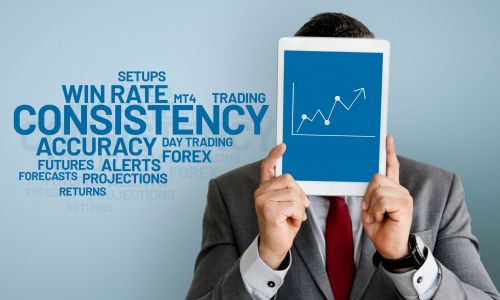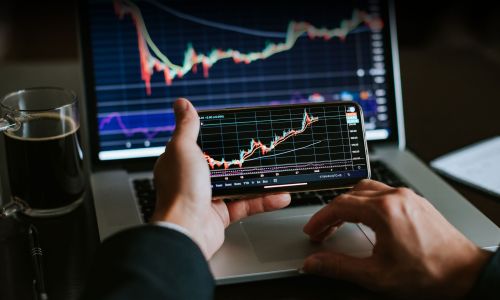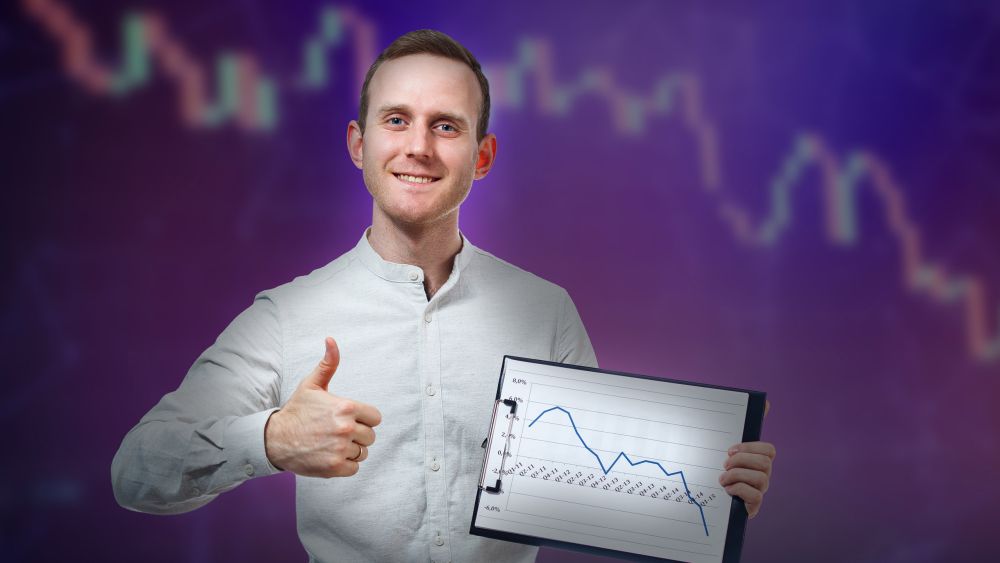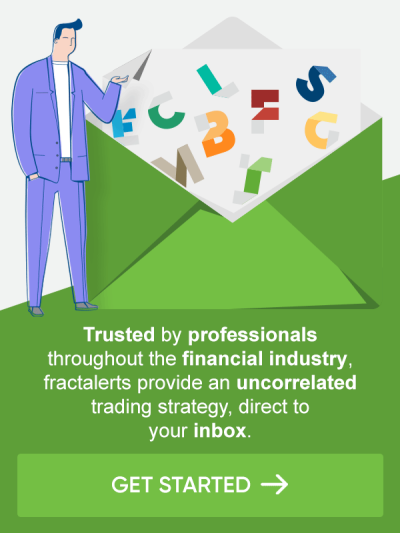A broker does not manage money, place trades, build trading tools or advise clients on what to do with their funds. Brokers are not managers. They are suppliers.
Brokers get paid when you trade. Every time you press the button to buy or sell, a commission is shared entirely because of the service being provided (deposit, platform, support). Whether you win or lose, brokers get paid because of the service being provided.
Unregulated brokers, on the other hand, don’t provide any of those things. The platform you’re trading on isn’t connected to the open market. The trades you’re being advised to take have no chance of generating a real profit. And your ability to withdraw funds has less to do with supplying your banking instructions and more to do with how good your lawyers are. It’s hard to even call these people brokers at all. They’re scam artist. They’re fraudsters. They’re thieves.
How To Recognize An Unregulated Broker?
Unregulated brokers exist everywhere on the internet. They’re easy to find with wildly blinking website and attractive ads. All of them offer incentives for signing up (“Up to $100 free trades”, “Deposit matching up to $50”, etc.). They all offer extreme leverage (500:1 or 0.25% risk, etc). And they make it extremely easy to deposit capital. But aside from those characteristics, there are three very important traits defining an unregulated broker.
- They constantly ask you to send more money – As we mentioned last week, brokers are not in a position to ask you to send more money. Regulated brokers will never ask you for more capital (unless of course you have a margin call). Unregulated brokers do this continuously with pressure sales and hyped offers.“You’ve just made $10K… now imaging you had another $100K in your account.”
- They offer trading advice – If you take trading advice from an unregulated broker, know for sure that none of what they will “trade” for you has actually been executed on the open market. They’re literally just making up trades. If you demonstrate an ability to send more capital upon request, every “trade” they place for you will be profitable. If you slow down your deposits or request money be sent home… suddenly every “trade” will be a loss.If an unregulated broker is placing trades on your behalf, or if they are offering advice on when you should buy or sell, you should know that there is no chance that any of those trades are real. They’re literally just making up executions and prices. This goes for “trading robots,” “best signal providers,” and “this guy we have in the back room is managing billions.” <– No he’s not.
- They never send your money home – After you have deposited capital a few times and seen tremendous (fictional) profits, you may want to withdraw some funds to celebrate. A regulated broker would be required to send you these funds within 24 hours. An unregulated broker often responds with something like: “You must first pay a 15% tax on withdrawn funds. Obama put this in place.”


Listen to us… there is no “tax” or other withholding scheme of any kind that requires you pay money in order to get money sent home. Do not ever send additional funds in order to make a withdrawal. That’s just throwing good money after bad.
Most importantly, and this cannot be emphasized enough, the account you open with an unregulated broker is not connected to and has no relationship with the open market. Any “trade” you place is a demo account with fictional points and pips moving up and down. When you place a losing trade, that deposit you made lands in the pockets of the firm (most traders lose money). When you place a profitable trade, there is no chance you can withdraw your funds. And if the firm is offering you advice, all of those trades will result in a profit until the point when you wish to make a withdrawal… then extra trades are pounded into your account with extensive losses over and over and over again… leaving you with little more than a few dollars to withdraw (which they may actually send you just to make you feel like you got something).
What To Do To Avoid These Frauds?
Falling for these scams and routines are not your fault. This blog is not assigning blame but rather offering a warning. Before sending money, always ask your broker who they are regulated by. Hang up the phone and call that regulator to confirm (or visit the regulators website to find a list of firms under their jurisdiction). It really is that easy.
If you have been the victim of an unregulated broker, your only recourse is to hire an attorney that specializes in financial fraud (perhaps there are a few reading this right now willing to offer their services). Someone with “a very particular set of skills” (yes, we just quoted TAKEN) would be able to communicate with the depository bank, locate the fraudsters jurisdiction and perhaps work with the relevant authorities to find a solution.
Side note… if your firm says they are located in Hong Kong or Bermuda or anywhere else in the financial powerhouses of the world, it’s very unlikely that’s where they actually are. In order to recover even a dime of your funds, an investigator must first find out where the individuals behind the firm are physically located.
-

Consistency Isn’t the Goal—It’s the Outcome
-

What 2 Quadrillion Data Points Told Us
-

Math and Physics-Based Trading in Any Market Condition
-

Do not worry about anomalies
-

Consistency should not be the goal. Consistency should be the result.
-

Stop canceling fridays
-

The Elliott Wave Forecast is Subjective, Bias Driven And Backwards looking
-

Finding patterns in market data
-

Taking profits through the trade timeline
-

What is your win ratio and you really want to know?

